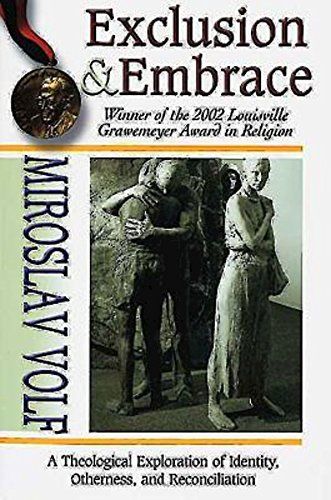Here's a spinoff on one of my favorites (Rivers, Deserts, Identity and...Freedom!) from this blog; for our Lent 2005 Church Devotional Book I reworked it some, so here's the newer version on this eve of Pentecost plus.
Exodus 16; John 6:25-34
A while ago I had lunch at Olive Garden and spent part of one of my stored value gift cards. Since I think theologically something resembling 24/7, I began thinking about the theological implications of stored value and how it could play out in our everyday lives, away from restaurants, malls, and all those shopping scenes where gift cards are easily spendable; I started connecting stored values to events defining us as Christians and as Church.
During those years of being manna-fed in the desert, Israel lived and thrived with the experience of the heavenly gifts and divine justice that meant enough for everyone and too much for no one; under Moses' leadership and Yahweh's Lordship, the wilderness sojourners lived in daily com-pan-ionship. The people Israel called the manna "Bread of Heaven," and for a long forty years wandering through the desert, the "stored value" in the manna nourished them; in trust they journeyed with the One Who bestows the bread of physical provision, gifts of mercy, and gifts of justice!
In chapter 6, John the evangelist calls Jesus, the one born in the Little Town of House of Bread, Bread of Heaven, and today, in the Lord's Supper, we know the benefit of living manna blessed and broken, given to us to supply our needs. Like the Israelites in the journey to freedom, as long as we remain faithful by doing justice and righteousness, that reality of the eucharistic manna's "stored value" will keep working for us and in us, enabling our ministry for the world and in the world.
Via the gospel writer John, Jesus called himself the real manna from Heaven, and promised anyone who ate that manna, that "Bread of Heaven," never would be hungry, would live forever and never die! Talk about stored value! Jesus the Living Word of God is the Bread of Life; Jesus is our manna and the entire world's manna. Along with the Old Covenant scriptures, Paul insists, "the Word is very near you, in your mouth and in your heart, so you can do it." (Deuteronomy 30:11; Romans 10:4) In Christ Jesus we have values of justice, mercy, and righteousness stored in our communities and in our inmost beings to give for the life of the world, to give as manna towards the world's healing and wholeness.


